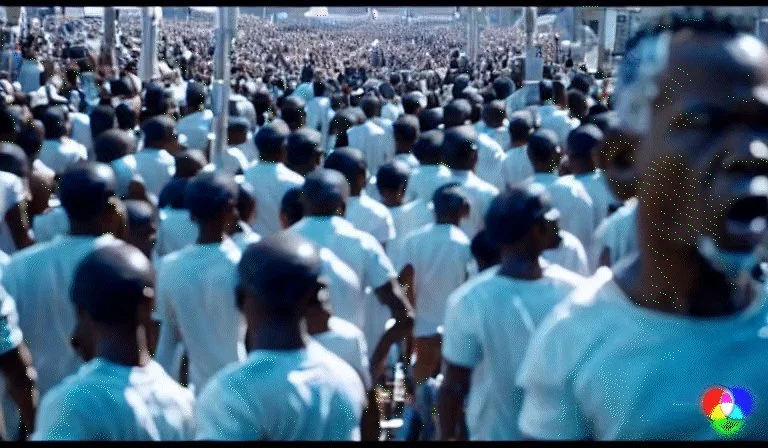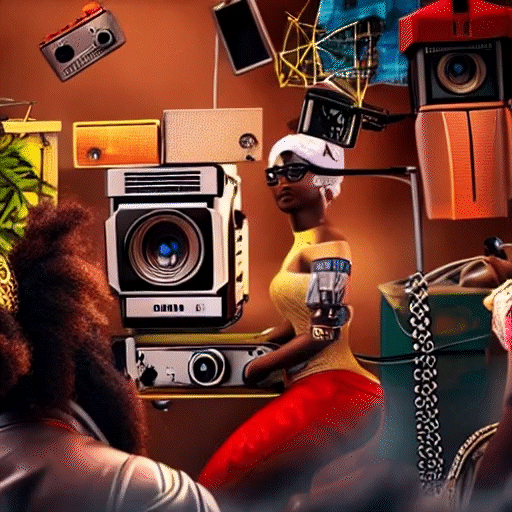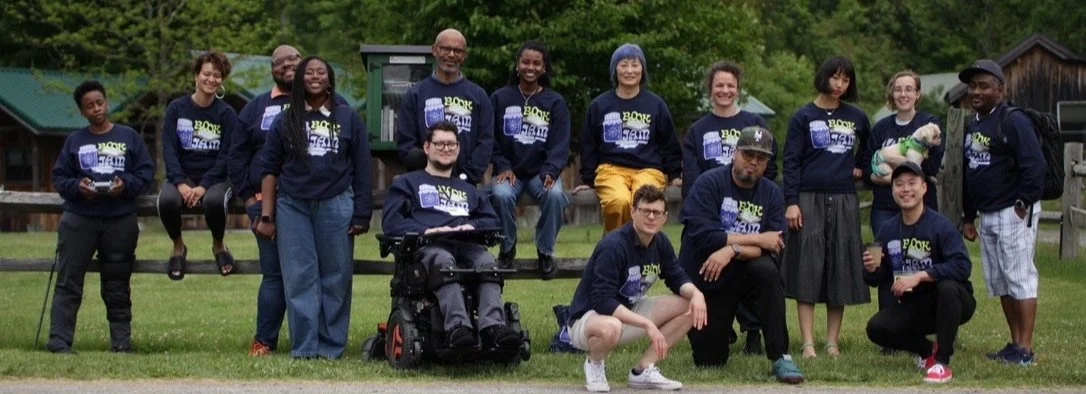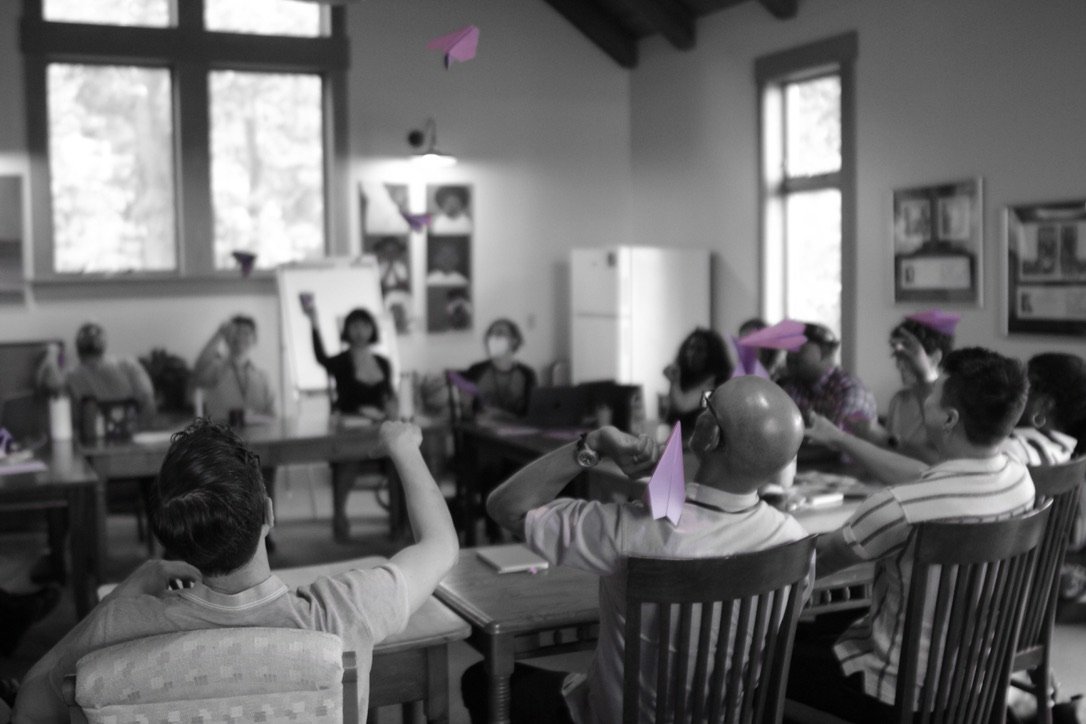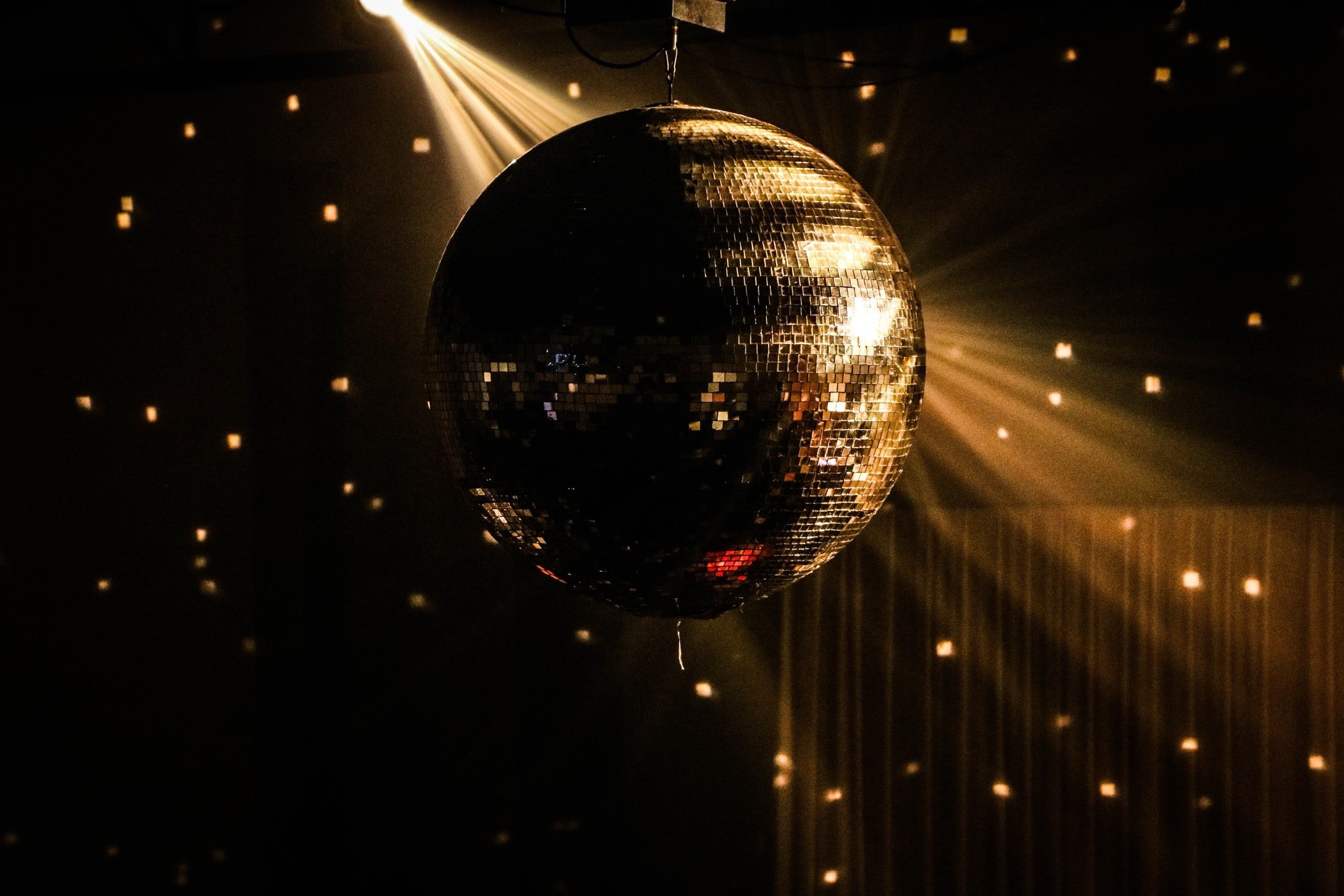
Technoskepticism: Between Possibility and Refusal
Forthcoming Stanford University Press in February 2025
From Munchausen by Tiktok to wellness apps to online communities to AI, the DISCO Network explores the possibilities that technoskepticism can create.
This is a book about possibility and refusal in relation to new technologies. Though refusal is an especially powerful mode—particularly for those who have historically not been given the option to say no—people of color and disabled people have long navigated the space between saying yes and saying no to the newest technologies. Technoskepticism relates some of these stories to reveal the possibilities skepticism can create.
The case for technoskepticism unfolds across three sections: the first focused on disability, the creative use of wellness apps, and the desire for diagnosis; the second on digital nostalgia and home for Black and Asian users who produced communities online before home pages gave way to profiles; and the third focused on the violence inherent in A.I.-generated Black bodies and the possibilities for Black style in the age of A.I. Acknowledging how the urge to refuse new technologies emerges from specific racialized histories, the authors also emphasize how care can look like an exuberant embrace of the new.
The DISCO Network on Technoskepticism
-

DISCO Network Panel: The Evolution of a Collective at Stony Brook University
Catherine Knight Steele: I think when I'm explaining it to folks, it's such an experimental way of writing for many of us, some of us had not collaborated, I think, at all before in writing. Some had collaborated in smaller ways before, but this is the first time, and I think it's important, we wrote that first book, the first time any of us had written together, I think, right? We'd read each other's work before, but some of us had not collaborated in-person. One had not been in person before that one week. And we didn't do the kind of collaborative writing where it's okay, you take chapter one and I'll take chapter two, right? Or I'll work on this front part of the book. We'll work on the back. We were in a single document writing together, editing in real time, each other's work.
-

DISCO Network Live: Living Between Digital Optimism and Technoskepticism at Northwestern University
Lisa Nakamura: So I think the experiment was to give people some space to explode the form of the single author book, because everybody has been in that place where you have to write something with incredibly high stakes. And it can be lonely and it often is limited by the perspective that one person can have. And it's a long, long, like really long term commitment. So doing a five day commitment with no prep and no work afterwards was just a radically different way to do scholarship.
And it was a little painful, but in a way, extremely successful. We had a book that ranged over a longer historical period with way more kinds of examples than we could have had if we'd written on our own, but mainly it it capitalized on the ability that we had to produce something that was really multi voiced. The book is written in the first person plural, as a "we," but we had pull out sections that were more "I."
-

Building Digital Networks of Knowledge and Care: DISCO Scholars in Conversation
Jeff Nagy: And we were writing in such a way where everyone sort of touched everything. So, at various points, the parts of the manuscript were just, you know, And you had to kind of say, like, not mine anymore. Someone else is going to take this over and do whatever it is they think needs to be done to it.
Which for scholars in the humanities I think is a very anxiety inducing way to produce anything. I find it kind of fun.
-

DISCO Network Panel: From There to Here at University of Maryland College Park
Remi Yergeau: Everybody has a personal presence in the book as well, like first person narrative, there are little vignettes and stories, which I also think heightens the accessibility of the book because there's a way in which the autobiographical is also animating the conversations that are happening and making it more material in terms of the stakes and the implications.
-

DISCO Network Panel - Technoskepticism: Between Possibility and Refusal
Rianna Walcott: I think the book opens up a lot more questions than it closes as well, you know, like there's like so many points in the writing where we're asking these very open ended questions like, I don't think we like, I mean, specifically, like I'm definitely thinking about the black style chapter. We did not come to a conclusion about whether this was, you know, and also questions like, is this a good thing or a bad thing? That's not what we were getting at. Like, we weren't asking something as reductive as that.
Again, it was about occupying this point in between optimism and refusal, this skepticism, right? This sort of like, we're kind of watching what happens and we're, we're, we're monitoring it, we're talking about it, but you know, some of us will use it, but we'll use it at our own pace and in our own ways, I think was a lot of what came, came through, you know?

